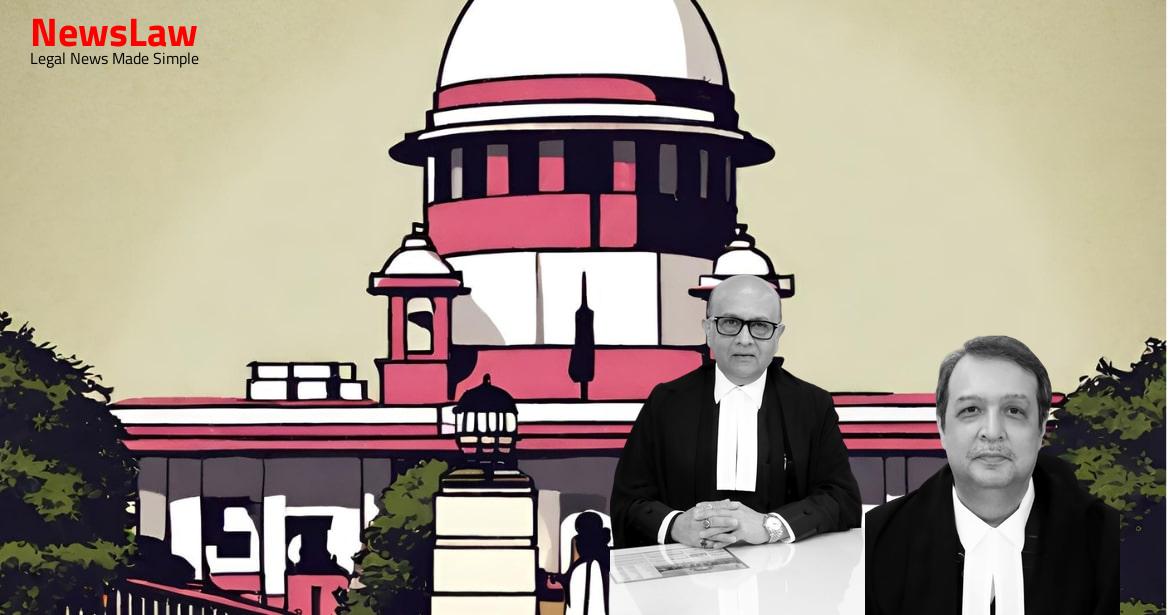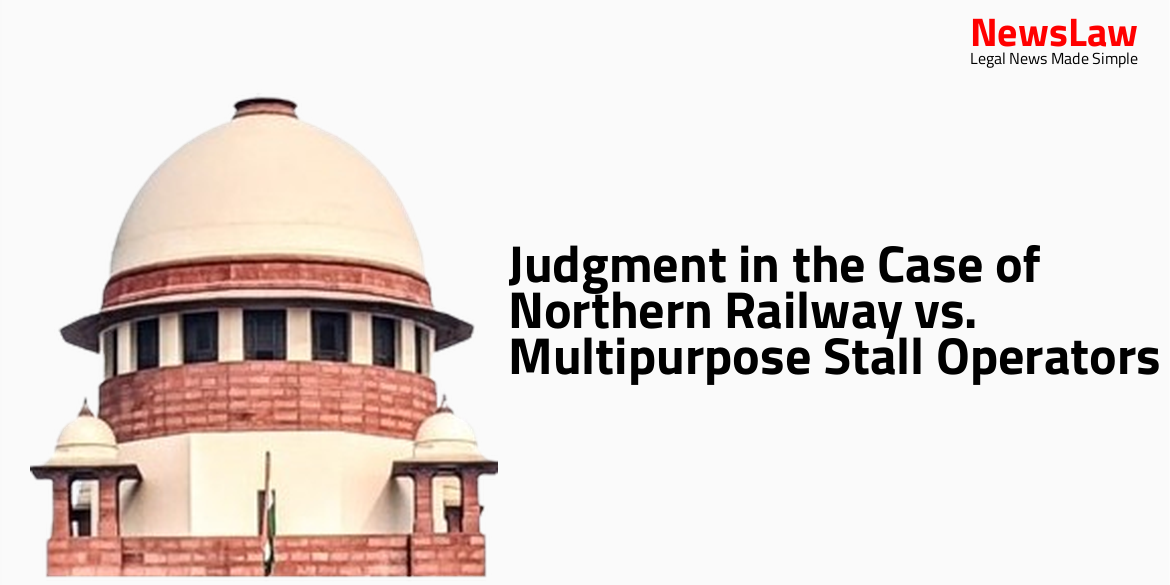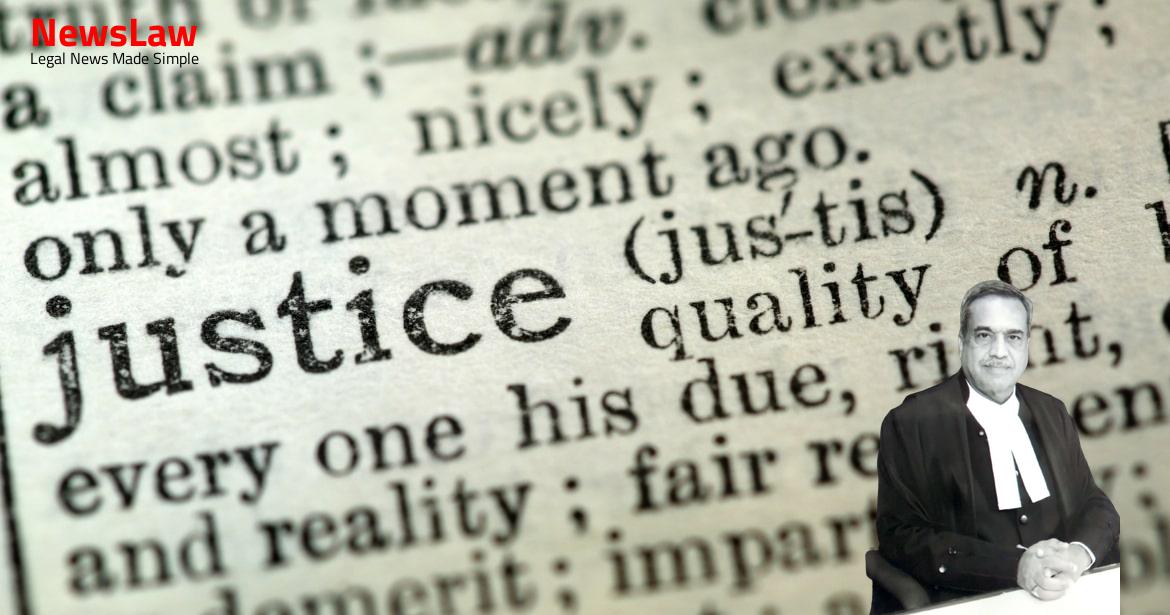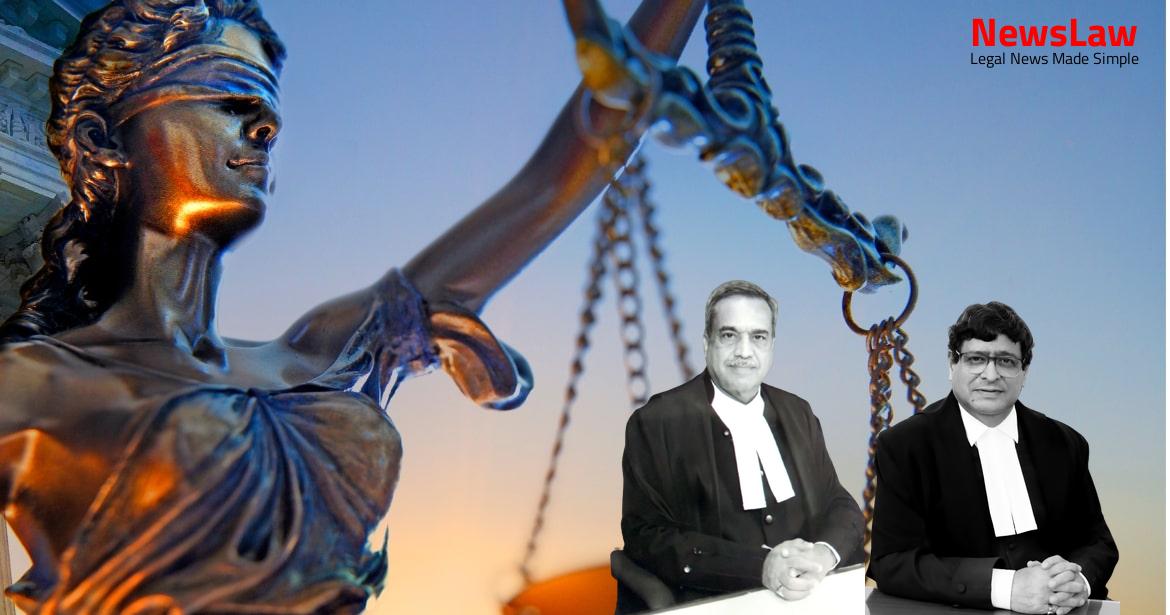In a crucial legal battle, the TN Pollution Control Board (TNPCB) took on the Copper Slag Unit over severe environmental violations. The High Court upheld the closure decision, emphasizing the importance of sustainable development and the polluter pays principle. The case involved multiple grounds, including failure to comply with environmental norms and operating without consent for over twenty-two years. Read on for a detailed summary of the landmark TNPCB v. Copper Slag Unit case.
Facts
- The authorities directed the closure of the unit due to various violations of environmental norms and consequent harm, including flooding caused by dumped copper slag.
- The High Court did not commit an error of jurisdiction and upheld the closure decision based on multiple grounds such as failure to comply with maintaining a green belt and flouting laws for over twenty-two years.
- The High Court was justified in not interfering with the decision to grant environmental clearance and in directing the closure of the plant within a 25 km radius of ecologically sensitive islands.
- Despite a suppression of fact by the unit, the Court did not order immediate closure but imposed a compensation of Rs. 100 crores for non-compliance with environmental parameters and operating without consent.
- Various findings of the Court highlighted violations by the unit including operating without consent from TNPCB, not having appropriate hazardous waste management systems, and causing pollution through copper slag dumping.
- While the Court set aside the closure order, it allowed TNPCB to issue further directions to the unit, indicating closure was not the only remedy.
- The context of the decisions rendered by both the Court and the High Court played a significant role in the judgment.
- Environmental clearances granted in 1995, production commenced in 1997.
- High Court ordered closure in 2010 if no other remedial measure was available.
- Unit’s emissions and effluents exceeded permissible limits set by TNPCB.
- National Green Tribunal found to lack jurisdiction, operator given liberty to move High Court under Article 226.
- Unit moved High Court, petitions filed for cancellation of environmental clearances and closure of operations.
- Deficiencies claimed to be removed after joint inspection by NEERI and CPCB.
- TNPCB issued directions for removal of deficiencies as per Court’s orders.
- High Court and Court’s previous decisions related to the same unit to be considered in current proceedings.
Also Read: High Court Upholds Decision on Minimum Eligibility Cut-Off in Judicial Promotions Case
Issue
- The Court must consider the findings of fact and law in its adjudication
- The grounds for interference with the impugned judgment must be determined based on the facts and laws presented
- It is essential to have due regard to the established findings before making any decision
Also Read: Protecting LGBTQ+ Rights: Supreme Court’s Landmark Judgment on Habeas Corpus Petitions
Arguments
- Mr Shyam Divan, senior counsel, supported by Mr Krishnan Venugopal, senior counsel, argues on behalf of the petitioner against the closure of the case based on five grounds.
- The High Court, in exercising its writ jurisdiction under Article 226 of the Constitution, enquired into other grounds of environmental violations apart from the five stated reasons for closure.
- Opposition to the above submission is presented by Mr CS Vaidyanathan, senior counsel for TNPCB and Mr Gopal Sankaranarayanan, senior counsel for the Government of Tamil Nadu.
- The respondents argued that the petitioners not only challenged adverse orders but also sought a mandamus for renewal permissions.
- The relief sought by the petitioners also included the issuance of renewal permissions.
- The respondents pointed out that the petitioners asked for more than just challenging adverse orders.
Also Read: Interpretation of Parliamentary Privileges: Immunity from Prosecution for Bribery
Analysis
- The High Court, exercising jurisdiction under Article 226, reviewed findings of statutory authorities under pollution control Acts.
- The petitioner consented to the High Court’s inquiry into permissions renewal.
- No error warranting Article 136 jurisdiction was found in the High Court’s evaluation.
- Serious concerns were identified: improper waste disposal, failure to follow conditions, lack of hazardous waste authorization, and remediation failures.
- Previous judgments provided opportunities for remedial actions.
- Economic activities should not harm the environment or public health.
- The closure was due to repeated severe environmental breaches, leaving no other viable option.
- The High Court extensively analyzed the grounds for adverse actions by pollution control authorities and the state government.
- Environmental violations were compounded by a suppression of facts.
- The High Court’s 42-day hearing covered 38 issues, leading to a well-rounded judgment.
- The judgment upheld principles like sustainable development, the polluter pays principle, and the public trust doctrine.
- The long-term impacts of environmental degradation, especially on children, are significant.
- Opportunities for remediation were granted in previous proceedings, highlighting the importance of protecting common resources.
- The public trust doctrine establishes that the state holds natural resources in trust for the benefit of the public, including access to potable water.
- Adverse effects of environmental degradation are felt more deeply by marginalized and poor communities, making it difficult for them to escape poverty.
- Intergenerational equity suggests that the earth is held in trust for future generations, with the responsibility of preservation resting on the State Government.
- The polluter pays principle asserts that those who degrade the environment should bear the costs of mitigation and restoration.
- It is essential to conserve and manage the planet’s resources for the use and enjoyment of future generations, emphasizing the obligation to safeguard environmental heritage.
- All individuals have the right to clean air, water, and soil, free from disease, emphasizing the importance of balancing economic interests with environmental and public welfare concerns.
- Polluted air and water not only affect humans but also have ecological ramifications, posing a threat to ecosystems.
- TNPCB filed appeals against High Court’s observations on its failure to exercise regulatory functions effectively
- High Court’s observations justified as TNPCB lacked alacrity in discharging its duties
- Observations of the High Court regarding TNPCB’s lack of prompt action should not be expunged
- Civil Appeals dismissed, emphasizing the importance of basic rights recognized in international treaties
- Basic rights must be protected while promoting employment and industry for the well-being and dignity of individuals
Decision
- After careful evaluation of factual and legal material, the conclusion is that the Special Leave Petitions do not warrant interference under Article 136 of the Constitution.
- The protection of fundamental rights is crucial for sustainable progress as we pursue development.
- Safeguarding these rights is essential to create a world where everyone can thrive and prosper.
- Considering the proceedings held for several days, the decision is to dismiss the Special Leave Petitions.
Case Title: VEDANTA LIMITED Vs. THE STATE OF TAMIL NADU (2024 INSC 175)
Case Number: SLP(C) No.-010159-010168 / 2020



